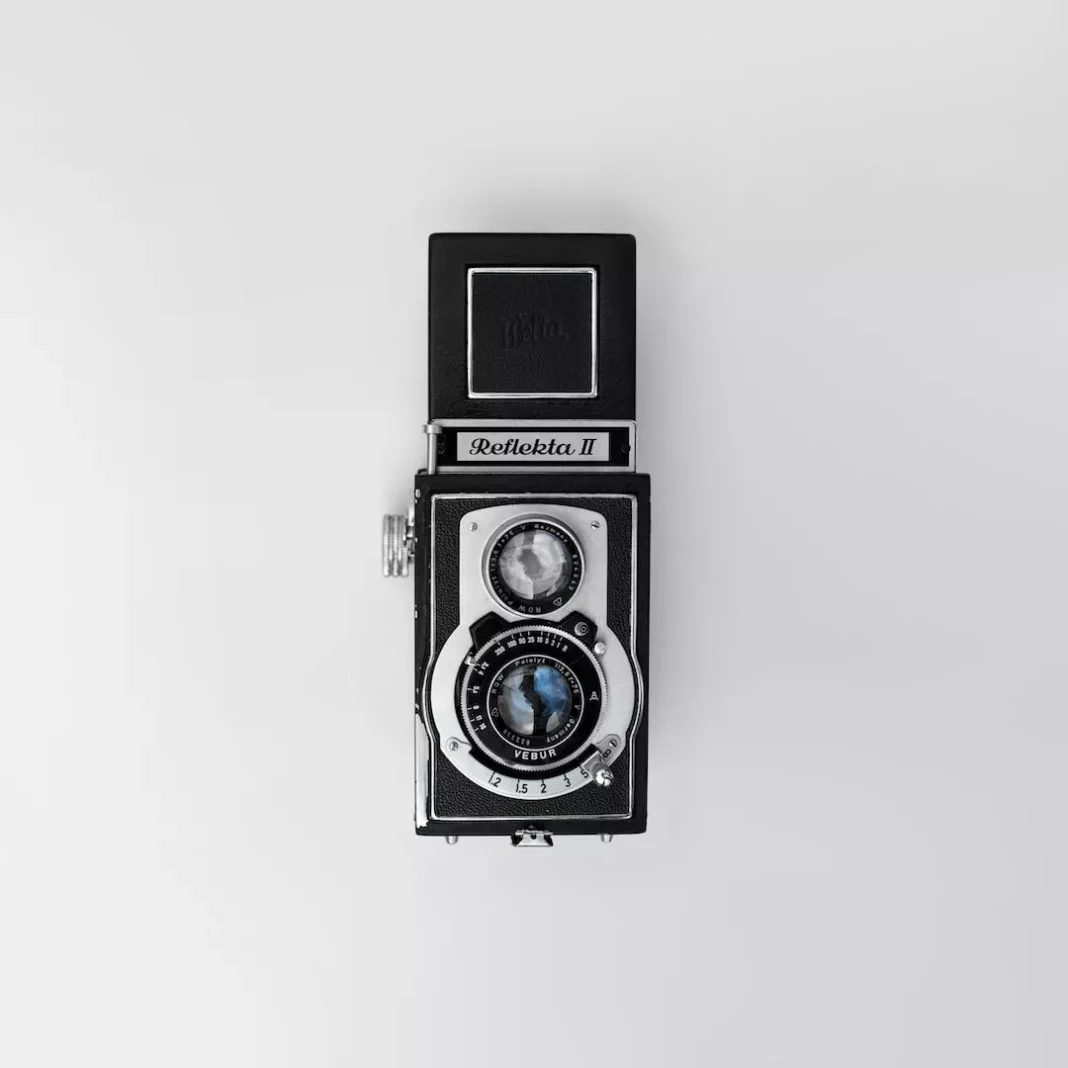Museo de la ‘ndrangheta, located in the small town of Reggio Calabria in southern Italy, is not your typical museum. It is not filled with ancient artifacts or famous paintings, but rather with the history and culture of the notorious Italian mafia organization, ‘ndrangheta. However, this museum is not a celebration of the mafia, but rather a powerful tool in the fight against it. And at the heart of this museum is claudio La camera, an anthropologist and director of theater, who has dedicated his life to promoting anti-mafia culture.
La camera, who was born and raised in Reggio Calabria, has always been fascinated by the ‘ndrangheta and its impact on the local community. He has witnessed firsthand the fear and corruption that the mafia brings, and he was determined to do something about it. In 2007, he founded the Museo de la ‘ndrangheta, with the aim of educating people about the dangers of the mafia and promoting a culture of anti-mafia values.
One of the main focuses of the museum is to expose the illegal activities of the ‘ndrangheta, such as drug trafficking, extortion, and money laundering. La camera and his team have collected evidence and testimonies from former mafia members, as well as from victims and their families. This information is presented in a powerful and thought-provoking way, through interactive exhibits, videos, and photographs. Visitors are able to see the real-life consequences of the mafia’s actions and understand the devastating impact it has on society.
But the museum is not just about exposing the dark side of the ‘ndrangheta. It also celebrates the bravery and courage of those who have stood up against the mafia. One of the most moving exhibits is a tribute to the “pentiti” (repentant) – former mafia members who have turned their backs on the organization and have become informants for the police. These individuals risk their lives to provide crucial information to law enforcement, and the museum honors their bravery and sacrifice.
In addition to the exhibits, the museum also hosts workshops, conferences, and events that promote anti-mafia culture. La camera, who is also a director of theater, uses his skills to create powerful performances that address the issue of the mafia in a creative and engaging way. He also works closely with schools and universities to educate young people about the dangers of the mafia and to inspire them to stand up against it.
One of the most significant contributions of the Museo de la ‘ndrangheta is its role in changing the perception of the mafia in society. For many years, the ‘ndrangheta was seen as a powerful and untouchable force, and many people were afraid to speak out against it. But through the museum’s efforts, the public has become more aware of the mafia’s illegal activities and the harm it causes. This has led to a shift in attitudes, with more people willing to cooperate with law enforcement and reject the mafia’s influence.
La camera’s work has not gone unnoticed. In 2019, he was awarded the prestigious “Premio Nazionale per la Cultura Antimafia” (National Anti-Mafia Culture Award) for his dedication and commitment to promoting anti-mafia culture. This recognition has brought even more attention to the museum and its mission, and has inspired others to join the fight against the mafia.
In conclusion, the Museo de la ‘ndrangheta, under the leadership of claudio La camera, is a shining example of how culture and education can be powerful weapons in the fight against organized crime. Through its thought-provoking exhibits and events, the museum is changing the narrative surrounding the mafia and inspiring people to stand up against it. La camera’s passion and dedication to this cause are truly admirable, and his work is making a positive impact in the fight against the ‘ndrangheta.
Trending Now

